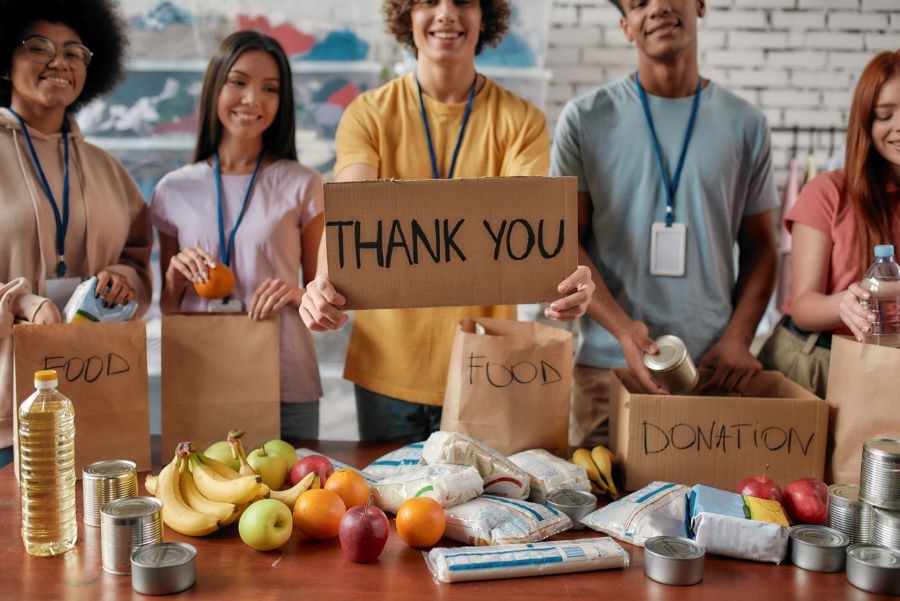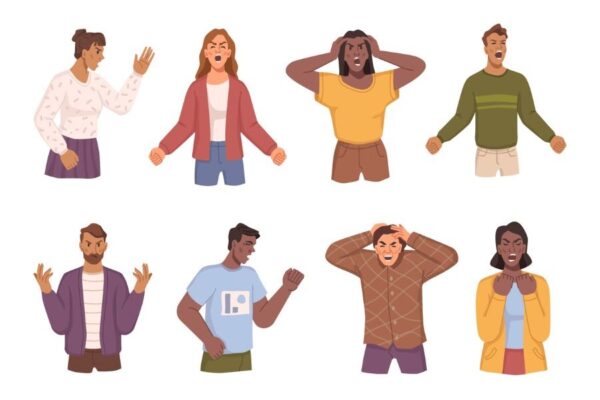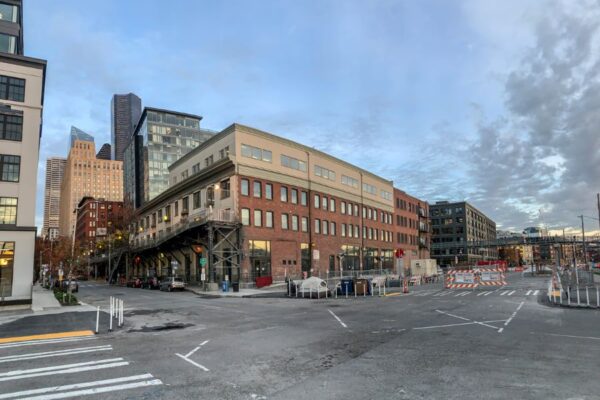Tackling Disparities With the Food Security Assistance Program
United Way of King County believes one of the best ways to address the health and economic impacts of COVID-19 and the increased food insecurity across our region is to work with community organizations. Black, Indigenous and other people of color face greater rates of food insecurity due to a fractured safety net and our history of systemic racism. Yet, well before COVID-19 exposed and amplified the disparities, community organizations (most of whom comprise people from the neighborhoods they serve) have been working to shatter barriers to economic mobility and create better access to food resources.
These groups know the needs, concerns— and the palates— of their neighbors. They are best at helping increase access to healthy and culturally appropriate food, which is critical to the wellbeing of their communities.
That is why United Way is partnering with Public Health–Seattle & King County to support the distribution of culturally appropriate food to economically disadvantaged communities through community groups. Through the King County Food Security Assistance Program, we will award $4,500,000 in federal American Rescue Plan Act funds to 36 community-based organizations, meal programs, food banks and coalitions.
Funding through the Food Security Assistance Program is intended to sustain or scale projects that address identified food access gaps in King County.
“Families should never have to choose between paying their utility bill or putting a full meal on the table,” said Sara Seelmeyer, United Way Food Security Program Manager. “Food insecurity has always existed in King County, but it has deepened and grown during the pandemic and more families have turned towards the emergency food system for support. Our local emergency food system has been stretched thin by the pandemic, and it’s been especially hard for families to access culturally relevant food – foods like halal meat, coconut milk, plantains and many fresh vegetables.”
Our local emergency food system has been stretched thin by the pandemic, and it’s been especially hard for families to access culturally relevant food — foods like halal meat, coconut milk, plantains and many fresh vegetables.”
Sara Seelmeyer, United Way Food Security Program Manager
The program will reach people of all walks of life and backgrounds with 35 total organizations funded. Eight coalitions will be funded at $200,000 to $300,000 each and 28 individual organizations will be funded at $75,000 to $100,000 each.
The organizations include:
- Afghan Health Initiative of Kent ($75,000), serving Afghan immigrants and refugees in King County.
- African Community Housing & Development of SeaTac ($100,000), serving African immigrants and refugees in Southwest Seattle/South King County.
- Alimentando al Pueblo of Burien ($100,000), serving Latino communities in Burien, SeaTac, White Center and Des Moines.
- of Seattle ($100,000), serving Asian/Pacific Islanders in Central Seattle.
- Chief Seattle Club of Seattle ($100,000), serving Indigenous groups and Alaskan Natives experiencing homelessness in Central Seattle
- Hopelink, located throughout King County ($250,000), serving low-income residents in North King County and East King County.
- Lifelong: Health for All of Seattle ($100,000), serving seniors and people with chronic illnesses in King County.
- UTOPIA Washington of Kent ($85,000), serving LGBTQ+ Pacific Islanders in Kent
- Mary’s Place of Seattle ($75,000), serving families experiencing homelessness in Seattle, Burien and Bellevue.
- Seattle Good Business Network Coalition ($300,000) serving low-income BIPOC residents in South King County.
For the full list of organizations, click here.
“The awardees have deep roots in the communities that they serve and are doing transformational work to connect families with the food they need,” said Seelmeyer. “We’re excited to partner together to reduce hunger across King County.”





Comments